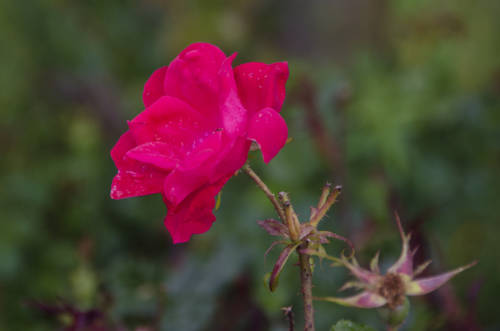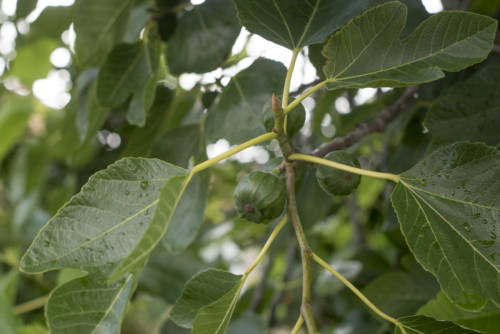
How Domestic Violence Survivors Use Gardening to Heal
It has been recorded that nearly every year there are over 10 million women and men that are abused by an intimate partner. That number continuously grows every minute. Every hour. Every day. For those that are lucky to survive, it takes every ounce of strength that they have to rebuild their lives. And even after that, the affect of the abuse lingers on. So what are these survivors to do to overcome the pain? Many would suggest a therapist or group counseling, but more than anything all they need and want is to relax and heal. That’s why places like Tribute Garden and Willow Domestic Violence Center have built communities specifically for those same survivors to garden, relax and heal all at the same time.
In honor of Domestic Violence Awareness Month, GC reached out to a few locations in the U.S. to learn about how they are combining gardening and healing for survivors. The Tribute Garden in Isle View Park, Tonawanda, New York has been designed to “honor those whose lives have been affected by domestic violence and to give survivors and their families a safe place to reflect and find solace”. The garden provides an approachable, awareness-driven, and engaging sanctuary for women, men and children. As it is housed in a public park, the garden “represents an important step that a community can take to show that when we work together so the cycle of violence can be broken,” says Sawrie Becker, the Commissioner of Public Advocacy at Tribute Garden.
“Gardening is shown to be an effective means of healing from trauma, and also for self-care. We encourage our staff members to also participate in the garden to provide stress relief and a healthy, positive break from our stressful work.” – Kristine Chapman, Garden Facilitator at Willow Domestic Violence Center [addtoany]
Both Tribute Garden & WDVC have worked to raise money for their centers and to provide solitude and safety to survivors. Tribute Garden has partnered up with Indie Twenty Jewelry so that anytime someone purchases a piece of jewelry, 10% of the revenue goes towards the garden. WDVC has also created what they call a “Wish List” of items that people can donate to survivors. Though each center works in different ways, their end goal is to spread the word about domestic violence and help those in need.
Kristine Chapman, the Garden Facilitator at Willow Domestic Violence Center in Lawrence, Kansas, points out that the utility that gardens provide to small nonprofits, beyond their therapeutic effects. “At our location, we have a community garden outside our administrative building. Its primary purpose is to grow fresh produce for the adults and children at our shelter home. [But] the garden gives us the opportunity to address trauma recovery through gardening as well. For both adult and child survivors we work with at the shelter and [to those] in the community.
“Gardening is shown to be an effective means of healing from trauma, and also for self-care. We encourage our staff members to also participate in the garden to provide stress relief and a healthy, positive break from our stressful work.”
Willow Domestic Violence Center opened in 1976– the first domestic violence center in Kansas. Since 1976, WDVC has maintained their reputation as a resource and model for other centers nation-wide that have begun to seek answers in the garden: helping survivors heal while providing them with the love and safety they need. “One of the things that has pleased me the most about our humble garden is the joy it has brought the children using our services,” Chapman notes. “Last year, the children helped plant the garden, watched it grow, and were some of the first to harvest its produce. Many of these children had no experience growing any plants, and it was almost a magical experience for them. Nothing tastes better than a sugar snap pea fresh off the vine– and most of the children who enjoyed them had never tasted a sugar snap before! It’s moments of delight and wonder like that example that keeps us tending the garden, even in the intense summers that Kansas usually delivers!”
Tribute Garden & WDVC are just two of the many facilities–Secret Garden, Healing Harvest & GreenHouse17 are also great locations to consider– that offer gardening as a means of recovery and solace. Growing flowers and produce, enjoying the sun, and combining these practices with the access to therapy allows one to rebuild their trust in others and to heal at the same time. It’s relaxing, rejuvenating, and you get out of it what you put into it– a fitting metaphor for the growth survivors are working towards.



































